This is the year to kick the pesky imposter syndrome to the curb and move forward on your journey towards reaching your full potential. We hope the stories and lessons below will help you overcome self-doubt.
Gheri Thomas

I love this question, because the truth is… I haven’t! I live in a constantly shifting world that bounces back and forth between me acknowledging that I am an extremely talented, complex individual with an insane work ethic and wondering if I am truly doing enough, as the results of my labor never seem to satiate my desire of becoming the best version of myself. Read more>>
Keira Kang

That’s quite a first question to start out with, haha! Going right for it, I see. I’m actually still dealing with this regularly because in my experience, imposter syndrome happens when you continuously live life at the edge of your comfort zone. Read more>>
Pamela Diaz

Unfortunately, imposter syndrome has been something that has followed me around for the majority of my life. From middle school, when I was told that I’d be put into three high school level classes as a result of my introductory placement test to post-college, receiving callbacks or any small wins as a creative. Read more>>
Paisley Gibson

Acknowledging and embracing my accomplishments has always been a key to warding off imposter syndrome. And, more so, once I learned how to simply rest in my purpose and began to approach every space from this posture of rest- the constant striving and waves of insecurity that seem to go hand in hand with imposter syndrome be diminished. Read more>>
Darnell Cole

I look at the work I produce! it can seem funny but, doing the work, writing the songs, performing them to strangers, that IS being an artist at its core. whatever level of success I achieve is secondary. Read more>>
Melissa Shanahan Chelsea Nye
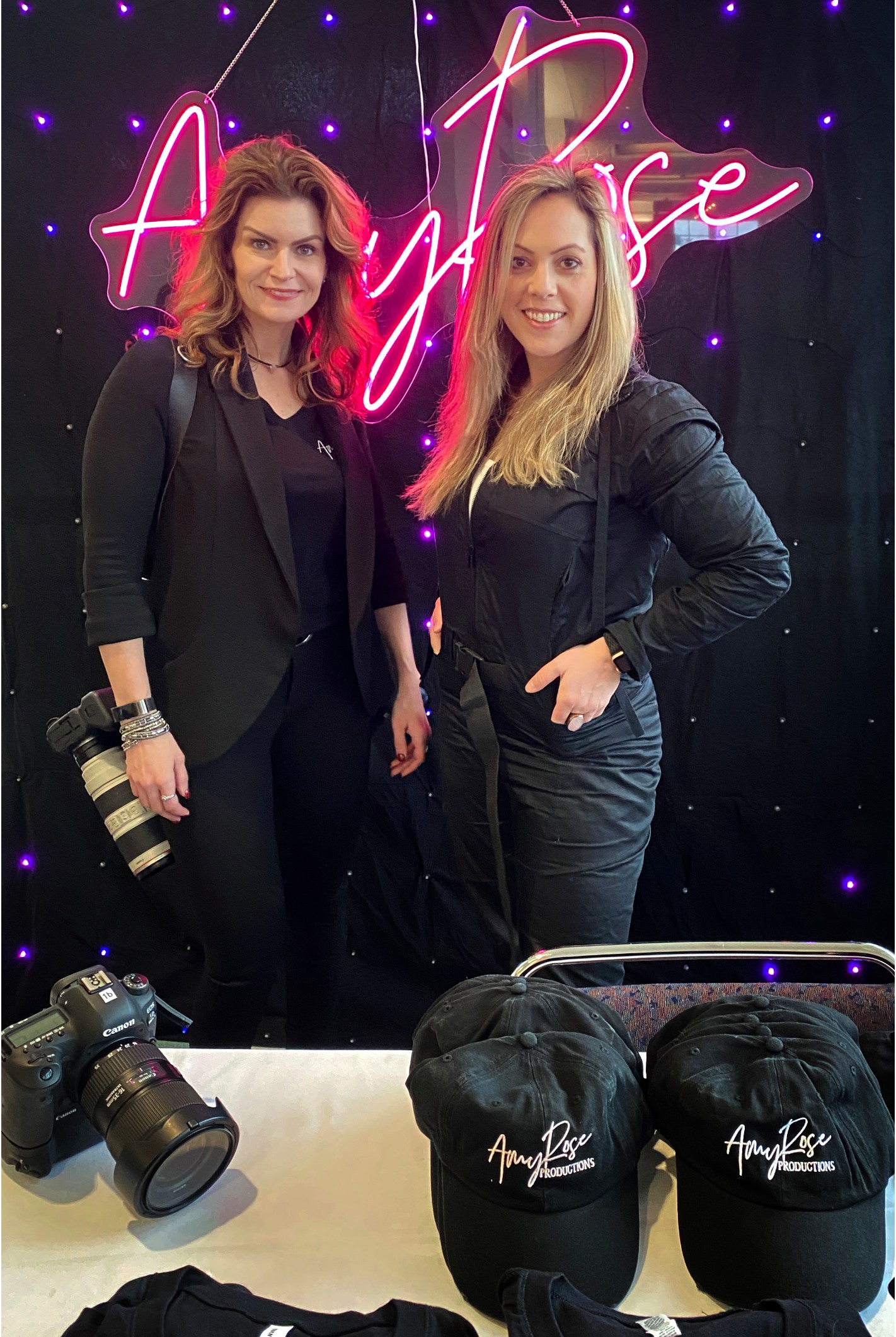
“Overcoming imposter syndrome has been a continuous journey through the years for Chelsea and I. Despite our passion and dedication, we faced doubts about our capabilities and the value of our work, especially when comparing ourselves to others in the industry. It’s a challenge many creatives face, and we were no exception. Read more>>
Henry Woodman
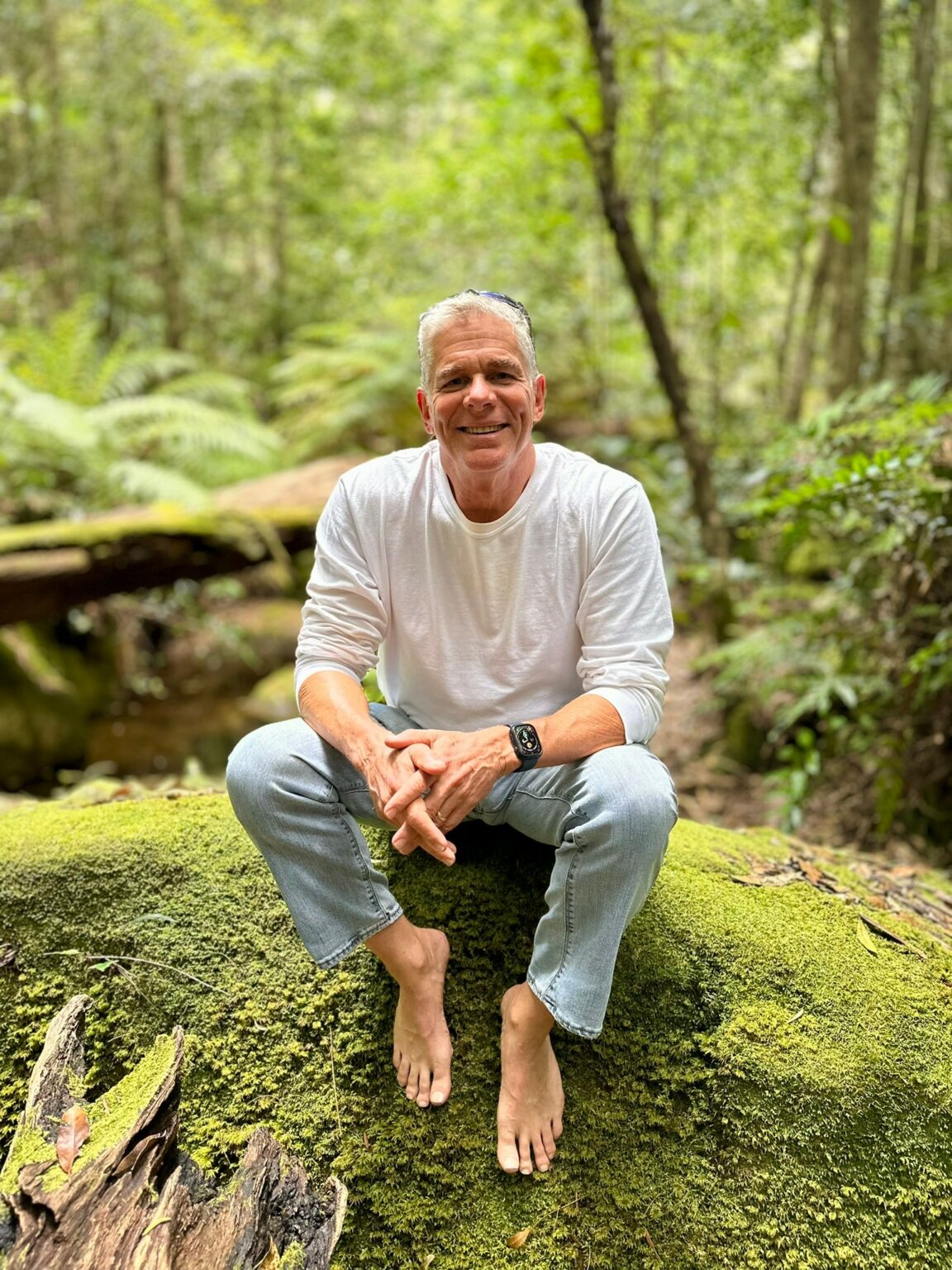
I think everyone struggles with imposter syndrome, and I don’t think I ever truly overcame the feeling, but I’ve developed a few tricks along the way that have helped. I was bullied and ridiculed in grade school. I tried to avoid social situations out of fear. Read more>>
Tara A. Nicolas

I don’t know if I’ll ever fully overcome imposter syndrome, but what I do know is I’m having more experiences showing me how much I’ve learned and how much I have to offer. And when I’m in challenging situations like getting on camera at the last second, working with a celebrity, helping a client, or on a creative project set, and that feeling creeps up, I let the work take center stage. Read more>>
Lisa Lord
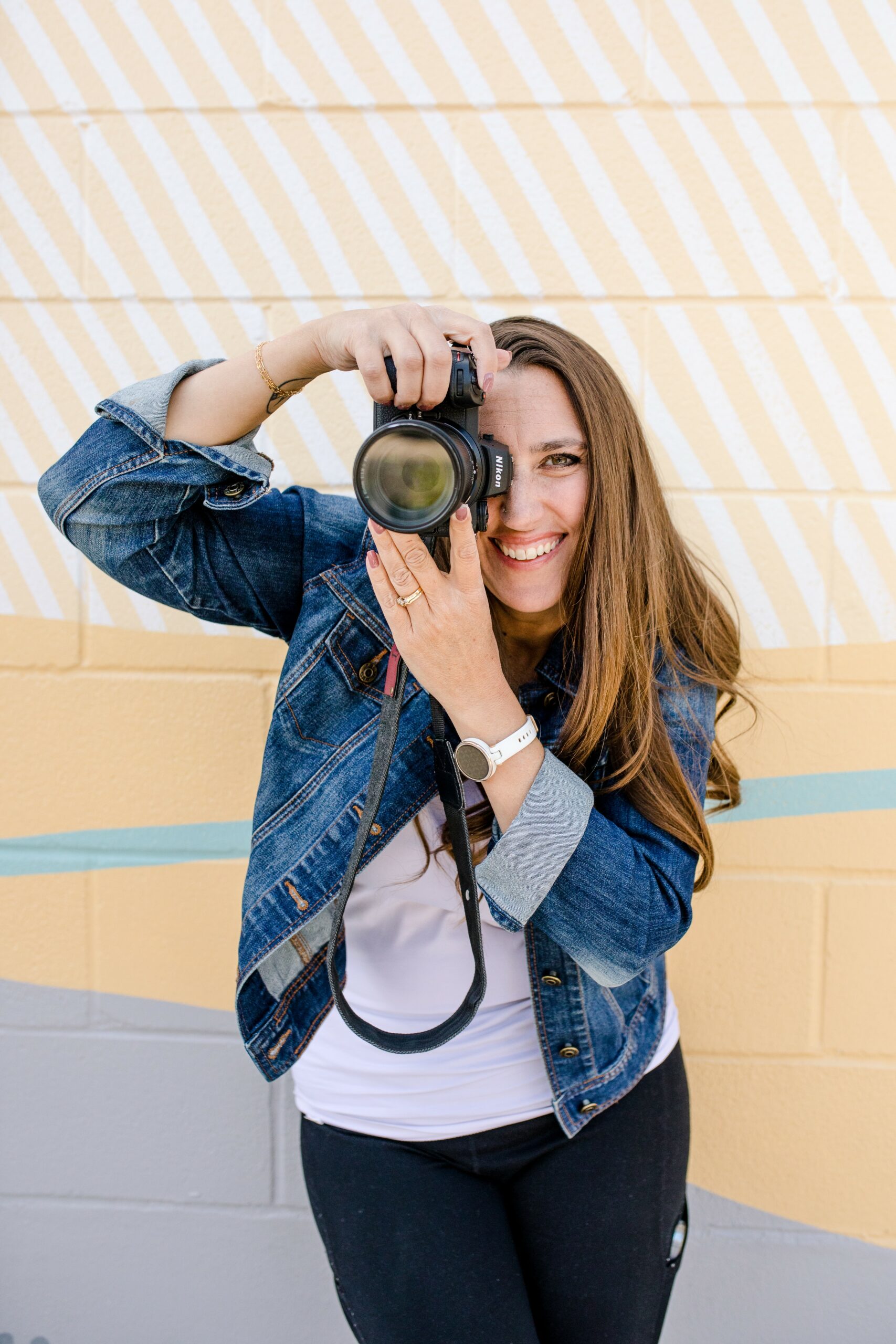
I am not sure that imposter syndrome is ever truly overcome. But over the years I have learned a few tricks to help me find my unique value and how to share it with the world. One of the biggest ways to overcome imposter syndrome is to find your value and uniqueness. Read more>>
AviShai Dayanim

Imposter syndrome is an experience that I believe every artist has felt at some point. I think the key step in overcoming imposter syndrome is realizing that everyone experiences it in one form or another. As a dual degree student at Johns Hopkins University and the Peabody Institute, it is easy to feel like I don’t belong in each of my degree fields (B.S. in Computer Science and B.M. in Music for New Media, respectively). Read more>>
Elissa Birke

This is such a good question! It took some time for me to realize that I wasn’t alone in worrying that my talent as a designer and my ability as an entrepreneur were somehow not as legitimate as the talents and abilities of other people whom I admire. Read more>>
Laurieann Jazzwine
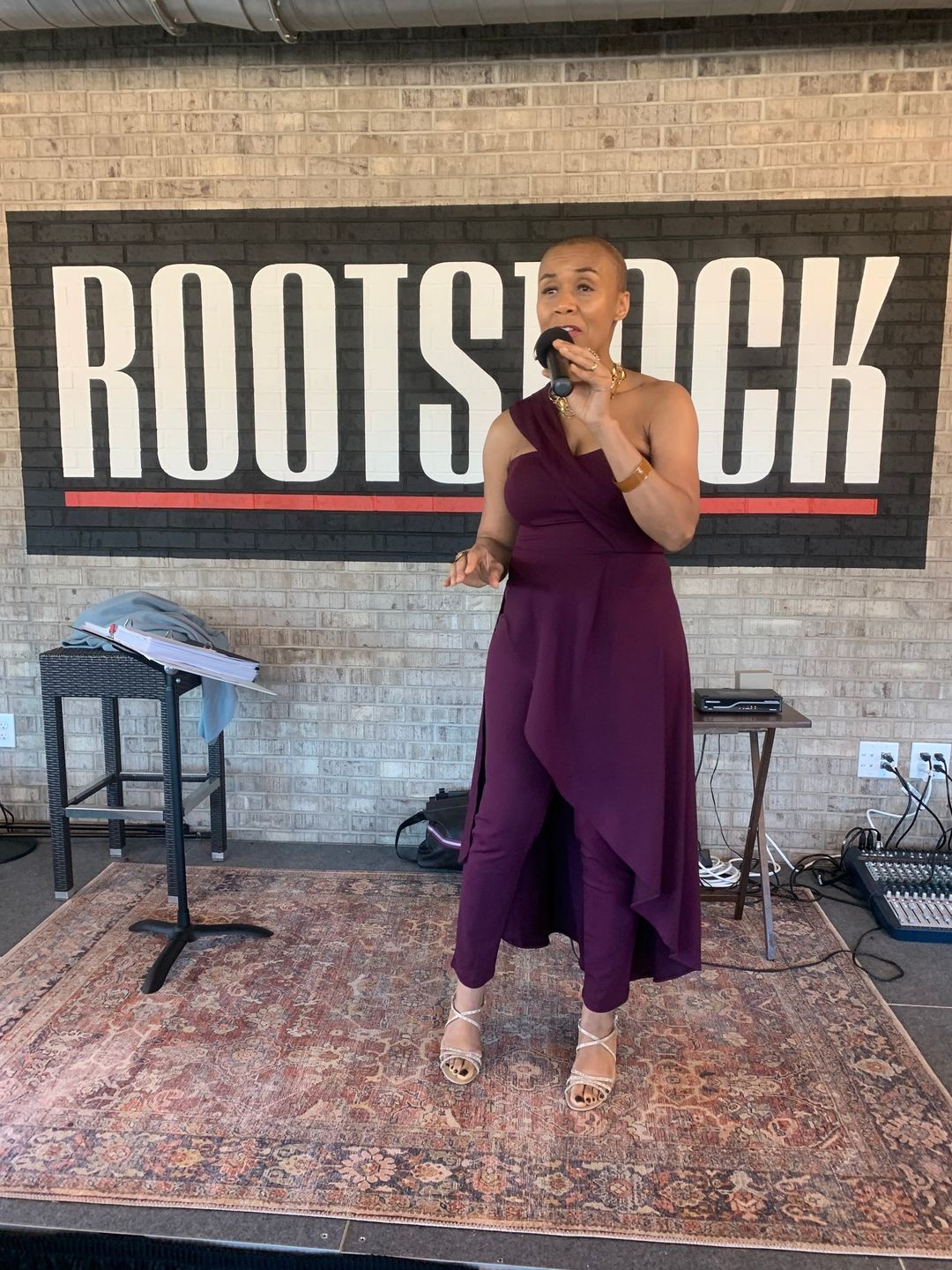
I tell myself everyday I’m a jazz singer. Several years have passed. Now I know I am. I practice five to six days a week and it’s not work, it’s love. Read more>>
Christiana Unaeze

I get my work ethic from my parents and siblings. My dad was a businessman who specialized in construction, and my late mom was a housewife who ran a small business from home while raising 7 kids. Together, they instilled in us the value of work and determination. Despite not having the privilege of a college education themselves, they poured all their energy into ensuring each of us got that chance. Read more>>
BROOKE JAMES

Imposter syndrome can happen at various stages of your career & I’ve found the best way to overcome it is to build confidence. Confidence develops over time with experience. You just have to go out there & continue to work at your craft. For me, it was picking up a camera & shooting over & over & over again until it becomes second nature. Read more>>
Samantha Hoover
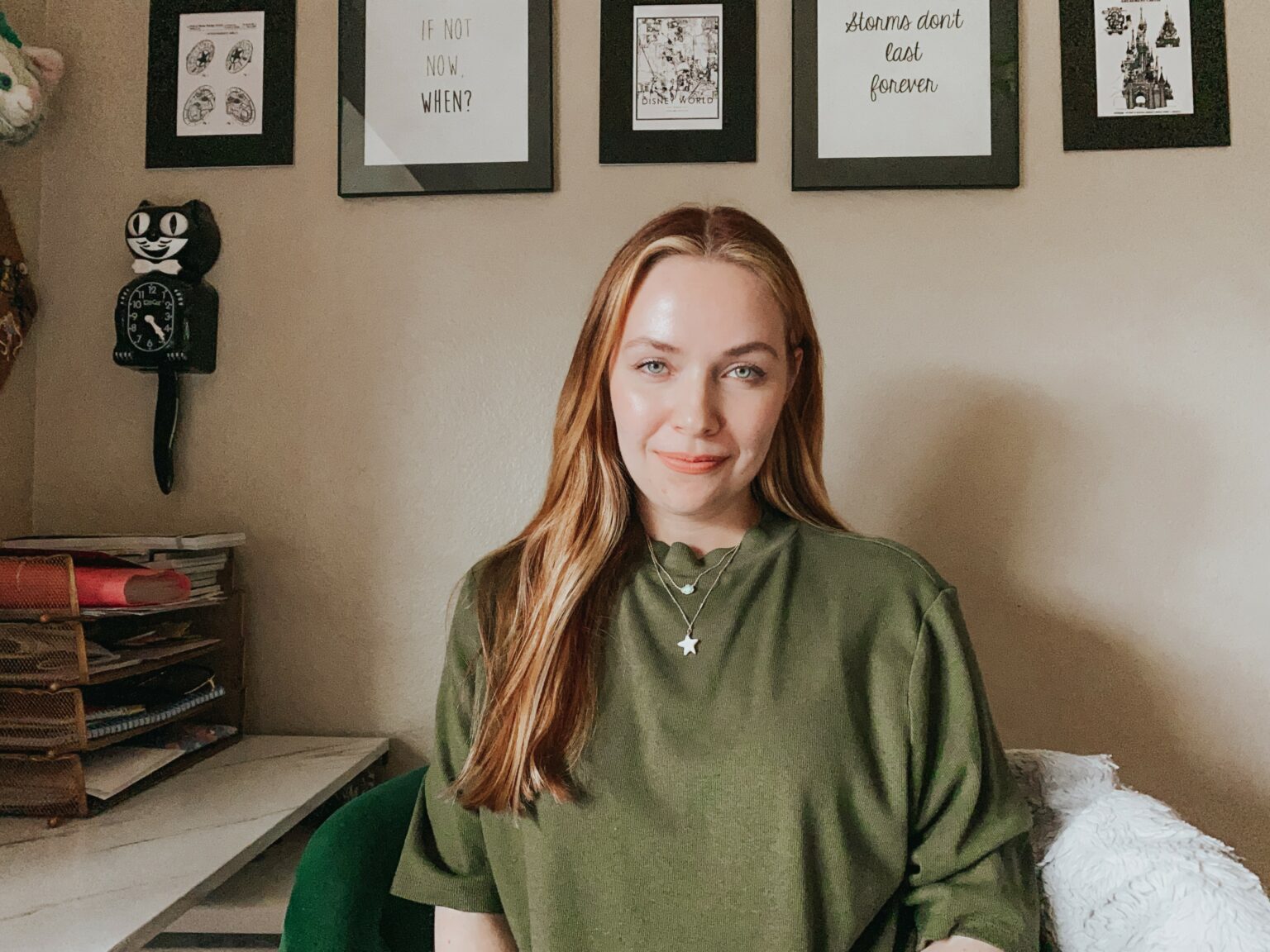
Imposter syndrome is NO JOKE. You’d think that after so many years of schooling, therapists would generally be more confident in their skillset. I’ve found the opposite to be true–that the more schooling you have, the more you are aware of what you don’t know. Read more>>
Jonathan Williams

First off, I don’t think anyone “overcomes” imposter syndrome. To me, feeling like I don’t belong or that I’m not “good enough” or “qualified enough” to be in any situation comes up more often than I’d like to admit. Read more>>
Yvette Caslin

It’s rather amusing that you’ve brought up this question. Honestly, I wasn’t even aware that I harbored such doubts. It took someone else to highlight it for me as I navigated through what felt like an entirely new world, transitioning from senior leadership in media and entertainment to delving into the complexities of financial services. Read more>>
Sisse Marie

I think most artists have imposter syndrome. If you live on the edge and love to expand, you are kinda always in a state of “I don’t know what I’m doing” because often you haven’t done what you are about to do. You are always a little out of your comfort zone, which makes you feel vulnerable. Read more>>
Anamaria Guerzon

There are times, when I have an accomplishment, when I think that I’ve finally defeated Imposter Syndrome. But, especially as a woman of color in these artistic spaces, Imposter Syndrome will be a part of my art for the rest of my life. Read more>>
Ariel Naftali

I didn’t. From my experience, if you’re continuing to challenge yourself and get yourself in new rooms, there will always be a level of discomfort there. The goal is not to get rid of discomfort or fear, but to acknowledge it and move through it anyway. That is what resilience is really about. Read more>>
Aaron Nelson

Overcoming imposter syndrome is a journey that I’ve navigated personally, and it’s a challenge that many artists, including myself, face throughout their careers. One of the most important realizations I’ve had is that imposter syndrome is a universal experience – it’s not reserved for beginners or those new to their craft. Read more>>
Amy Beth Wright

Since my twenties, I’ve thrown myself into more than one career—modern dance and choreography, yoga, teaching, and writing—for each, I had an image in mind of what success, or even big, recognizable accomplishments, would look like in that field. Read more>>
Kali Kirkland

Imposter syndrome comes from childhood. I firmly believe when we start to look at our childhood, middle school and high school sevles and accept who we were and are – we thrive. I did a lot of what we call “inner child work” in my mid 20’s. Read more>>
Kelly Chakerian

I have been a stay at home mom for the last 8 years, so imposter syndrome has been something I’ve had to overcome (honestly daily) since venturing out to start my own business. I’ve wrestled with the thoughts of since I have been at home with my kiddos for so long, what do I have to offer professionally in a career, let alone a small business. Read more>>
Gaby Olalde

I actually didn’t realize I was even experiencing imposter syndrome until a couple of months ago, I didn’t even know there was a term for what I was feeling internally! I think what made me get imposter sydrome was even starting out my career in beauty school I didn’t appreciate all of the little wins I had along the way. Read more>>
Thomas Mulzac

Overcoming imposter syndrome isn’t something that you typically overcome completely. However, I have found that taking risks and truly listening to yourself is the best way to overcome imposter syndrome. When I realized that following others typically left me worse than where I started, I decided to follow my instincts. Read more>>
Faith Watkins
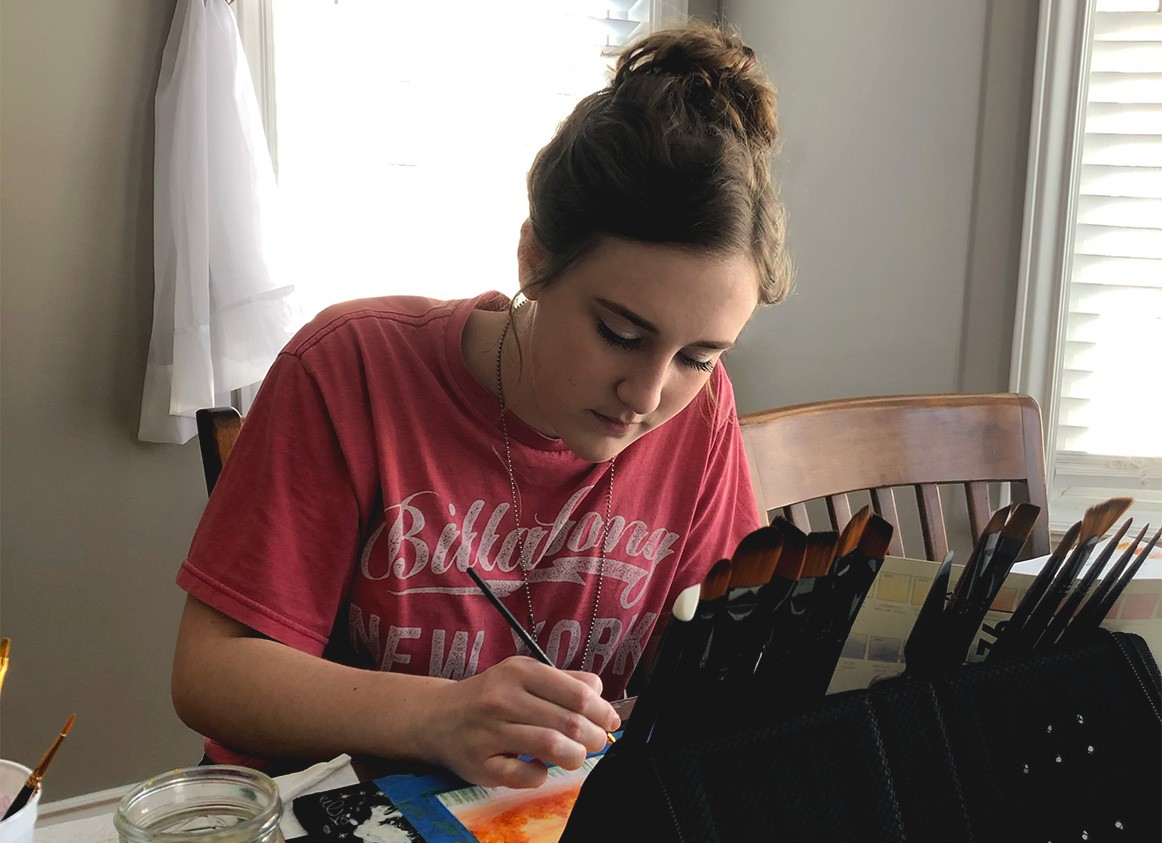
Imposter syndrome can be so debilitating, especially when it comes to making art. Overcoming it is not easy, but I have found it possible! Whenever I start to doubt myself and compare myself to others, I find it extremely helpful to remember that everyone is on their path. Read more>>
Mwalim Peters
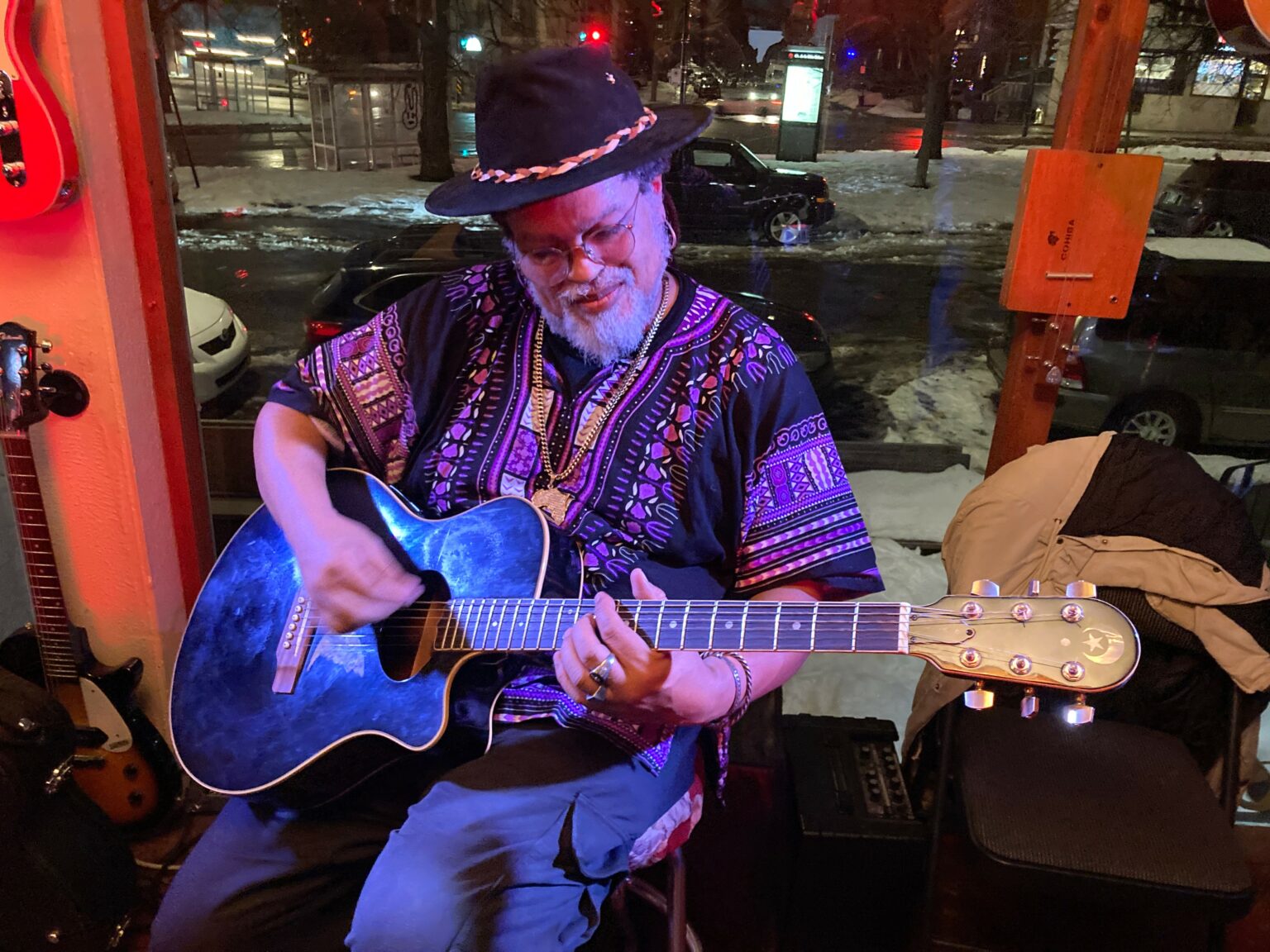
Growing up, I was fortunate to be surrounded by a family and environment that fueled my dreams and interests. Their encouraging voices drowned out those who tried to discourage me. The skeptics told me I couldn’t make it in music, but those voices fell silent when my work earned Grammy nominations, awards, and grants. Read more>>
Emily Friedman

Imposter syndrome has definitely affected my confidence at times, but I’ve worked a lot on practicing acceptance. Lately it’s been less about overcoming any imposter feelings that arise, but acknowledging they’re there and realizing that I don’t actually have to give them any power over how I choose to live my life. Read more>>
Andrea Salazar
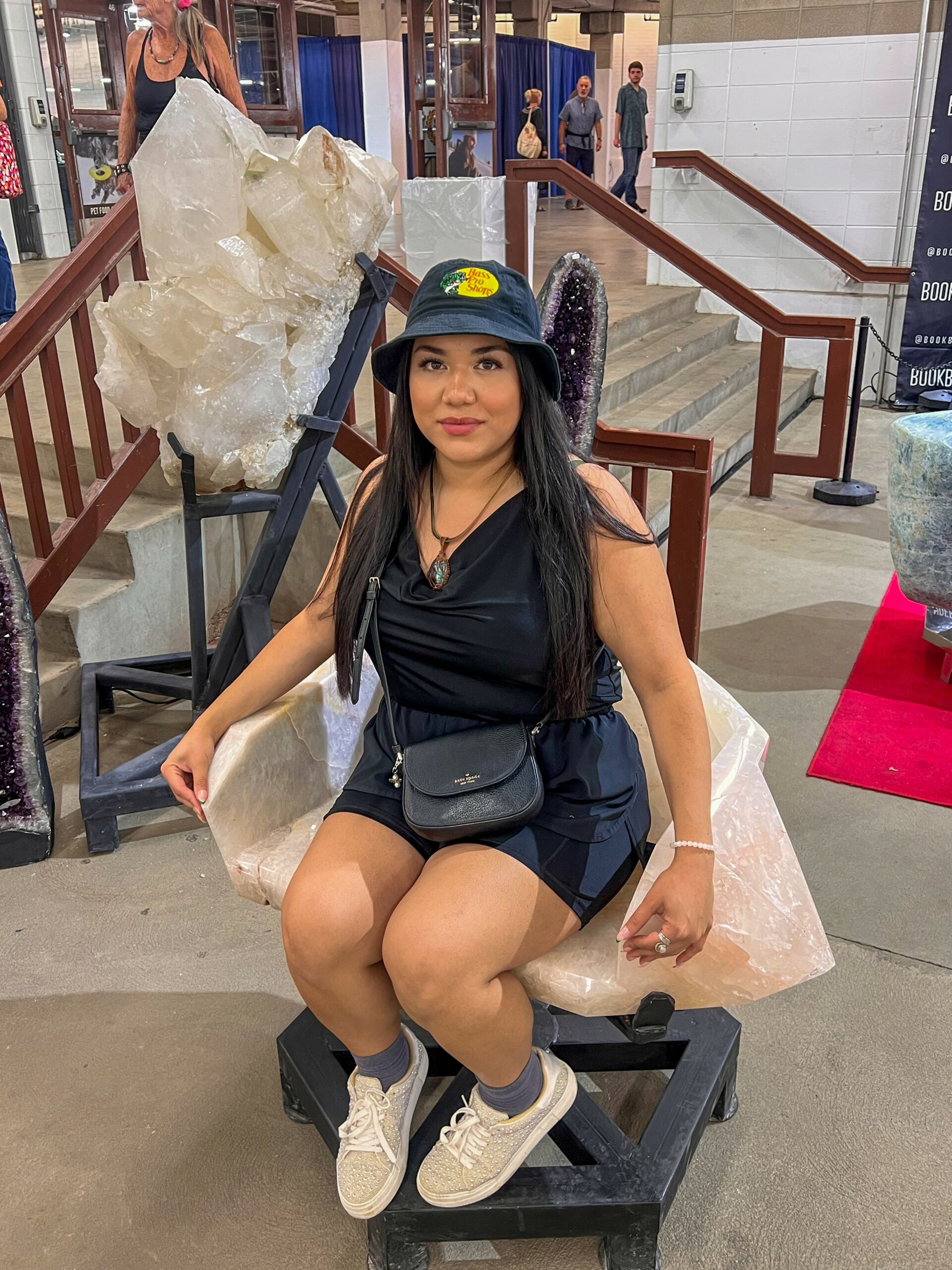
The key to overcoming imposter syndrome lies in gratitude. Simply taking a moment to reflect on how far you’ve come from where you once prayed to be. Once you realize how far you’ve come, it’s hard to have imposter syndrome. Read more>>
Allie Dykstra

Imposter syndrome can be a really tough thing to deal with, especially as a creative-based entrepreneur in a saturated market like wedding & branding photography. But I’ve found that the best way for me to overcome feelings of imposter syndrome is to remember a few things to keep me grounded. Read more>>
Nia Alexander

I like to think of life as an experience. I ask myself, what do I want to experience? What is a must-try/see/do in this life for me? To be able to do the things I have planned or am passionate about, I need an elevated sense of confidence and peace in my decisions. Read more>>
Alexis Bostrom

Imposter syndrome is definitely something I struggled with in the first year being in the construction space. As I networked in the industry, I quickly came to realize that everyone started somewhere. Attending trainings and working in the field helped me gain confidence in myself and my business which helped shed the imposter syndrome thoughts. Read more>>
Terri Kaiser
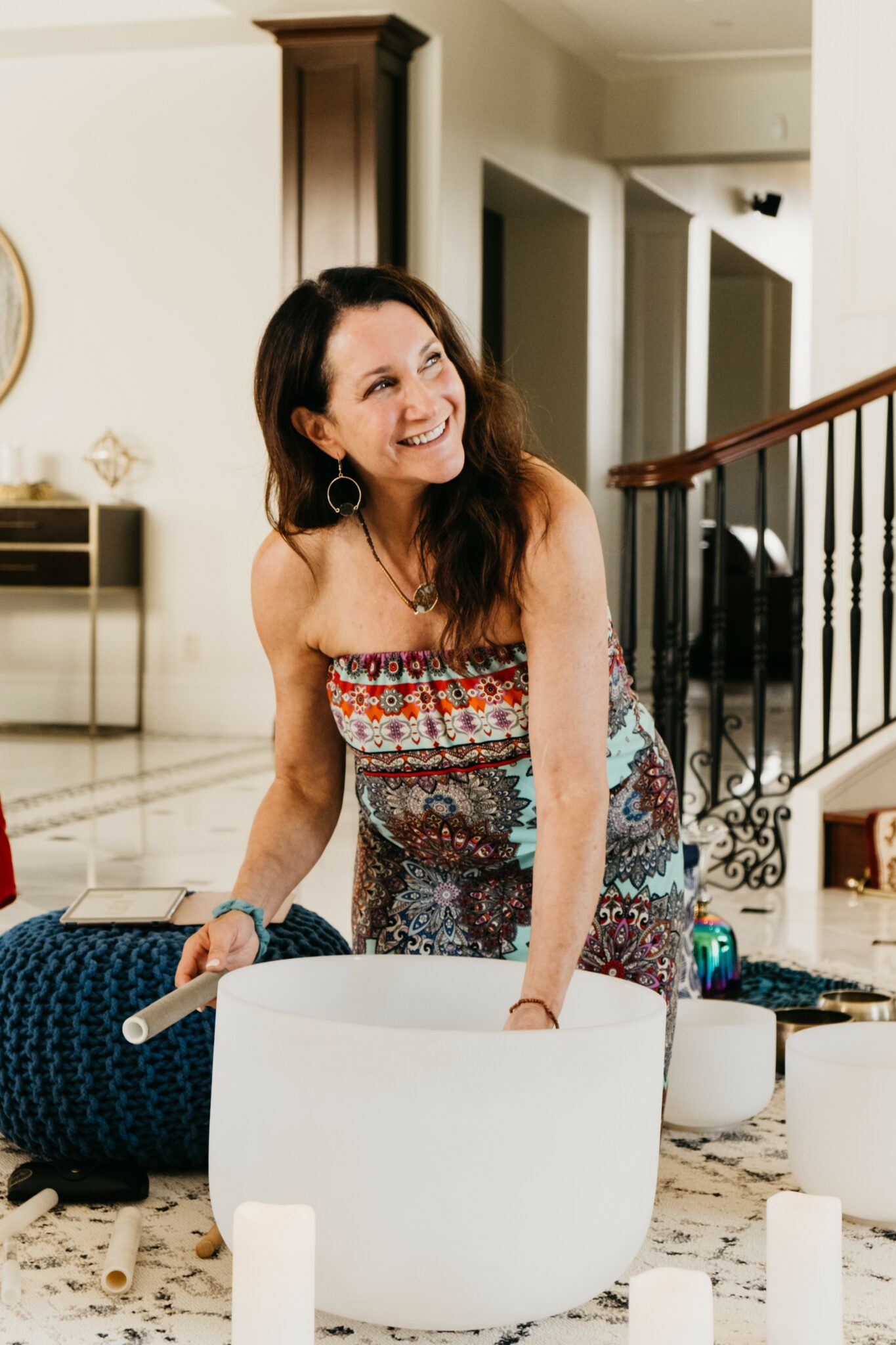
This was and still is an obstacle I am challenged by. I’m a late bloomer, not starting to reach until I was 54 years old, and not starting my own business until I was 56. There are so many amazing practitioners who have been building their careers for 20 or 30 years. Read more>>
Quince Reese
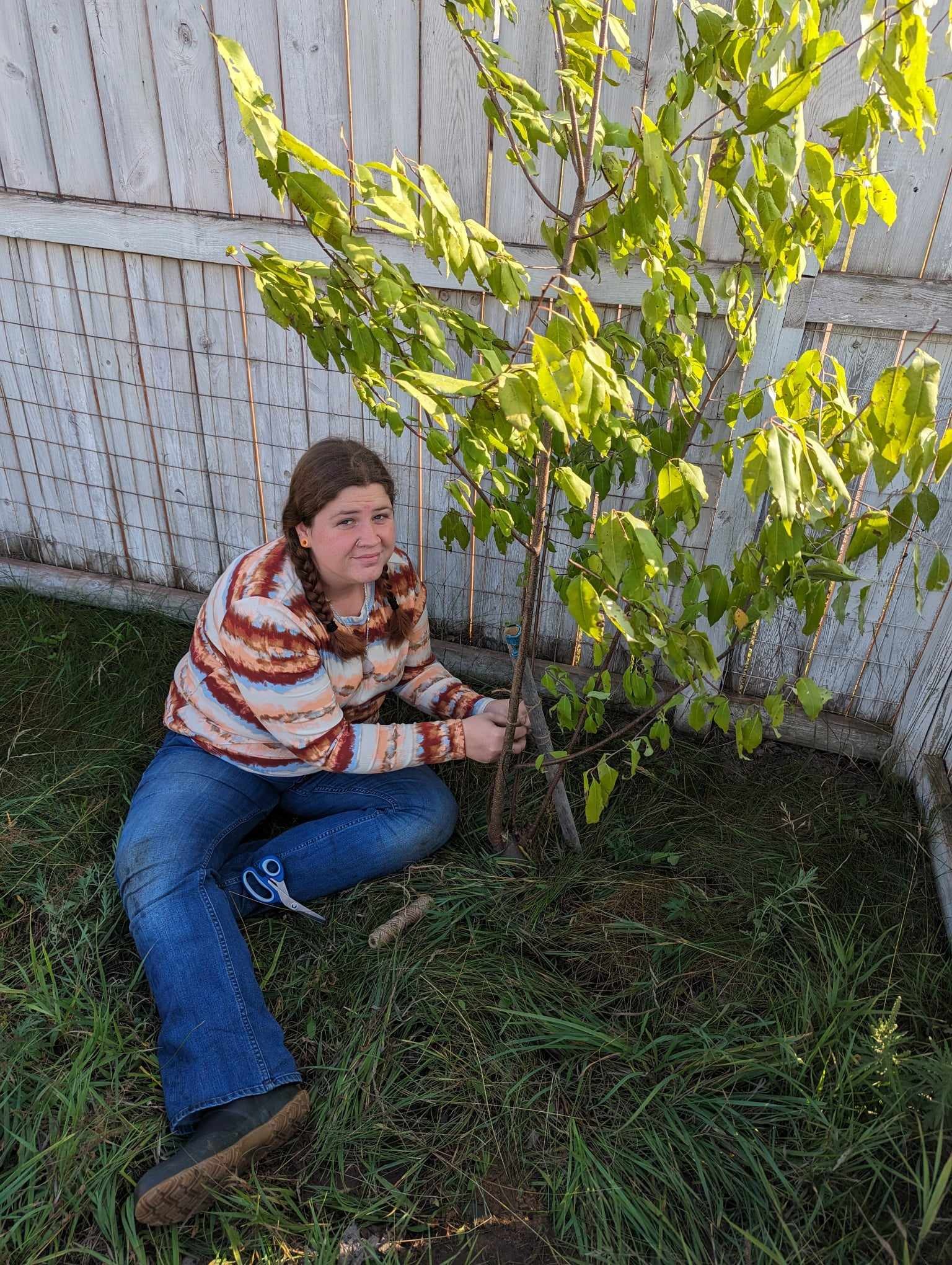
I don’t think I have, to be honest. It still seems shocking to me every day that I’ve made it this far. I feel immensely grateful for these opportunities in front of me to continue to grow and expand. The support I’ve received is truly overwhelming. Read more>>
Jena Ulriksen
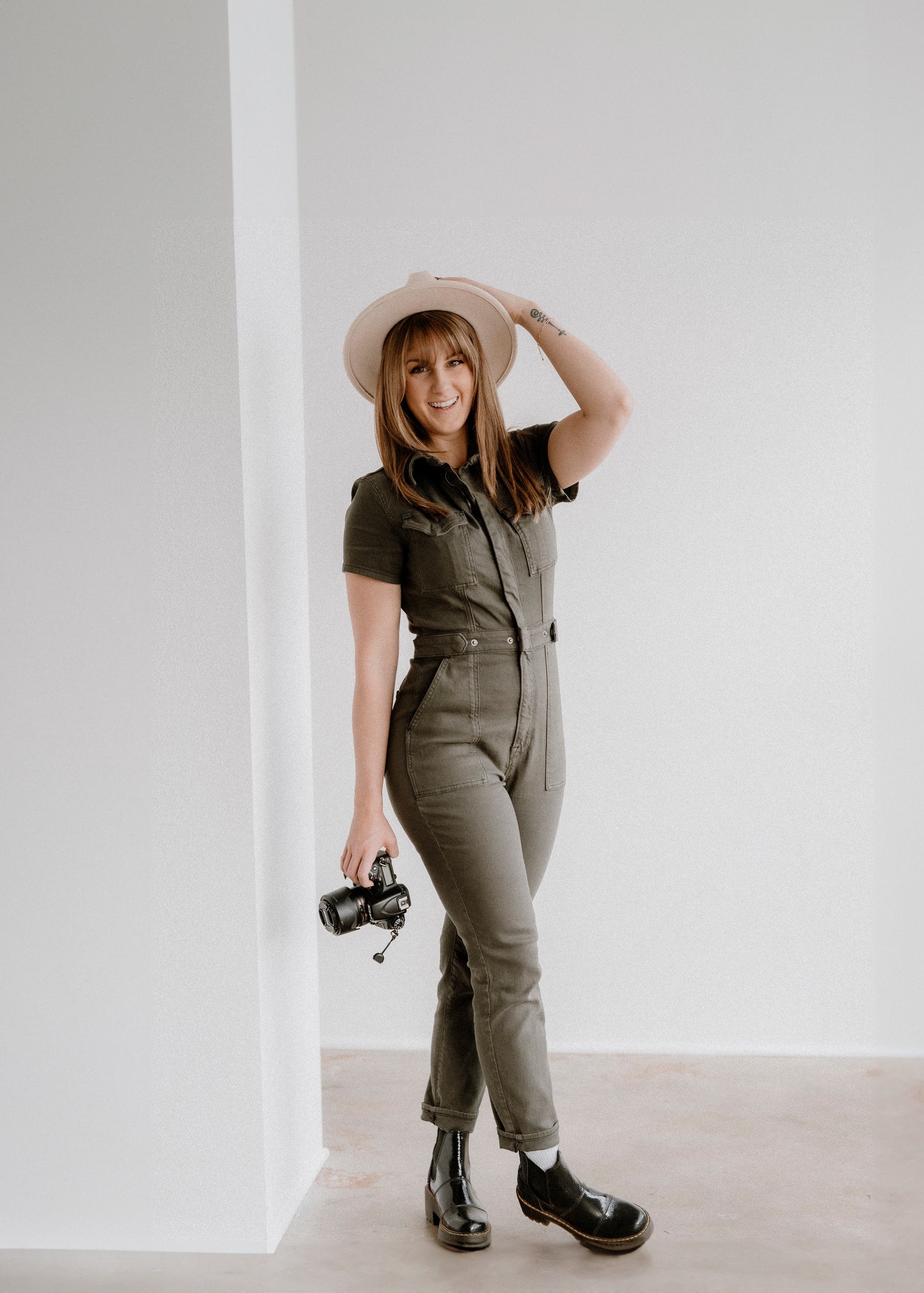

Imposter syndrome is a tough one to overcome. I’ve noticed almost everyone goes through it, and it’s a totally normal thing to experience. For me, it’s all about remembering that I am unique, how I relate to and care for people is unique, and what I create is unique. Read more>>
Madi Hanaka

The first time I ever heard the term “imposter syndrome” I felt a strange combination of disappointment and relief. Disappointed, because it was only then that I realized I had spent most of my life feeling not like my work was never good enough. Relieved though, because for the first time, I was able to put a name to something I had felt for so long. Read more>>
Nanci Reed

There is a difference between overcoming and curing something. When you cure it, then it no longer exists. When you overcome it, then it means that it no longer has the power to overcome your free agency of choice and decision-making. Read more>>
Lexi St. Laurent Hartmann

Impostor Syndrome is something many of us navigate on a daily basis. Honestly, I don’t think we ever truly overcome it. However, we can learn to navigate it and push through the feelings of self-doubt that prevent us from stepping into our power and potential. Read more>>










